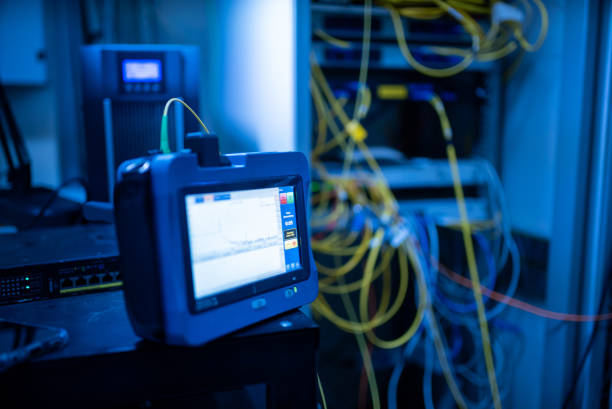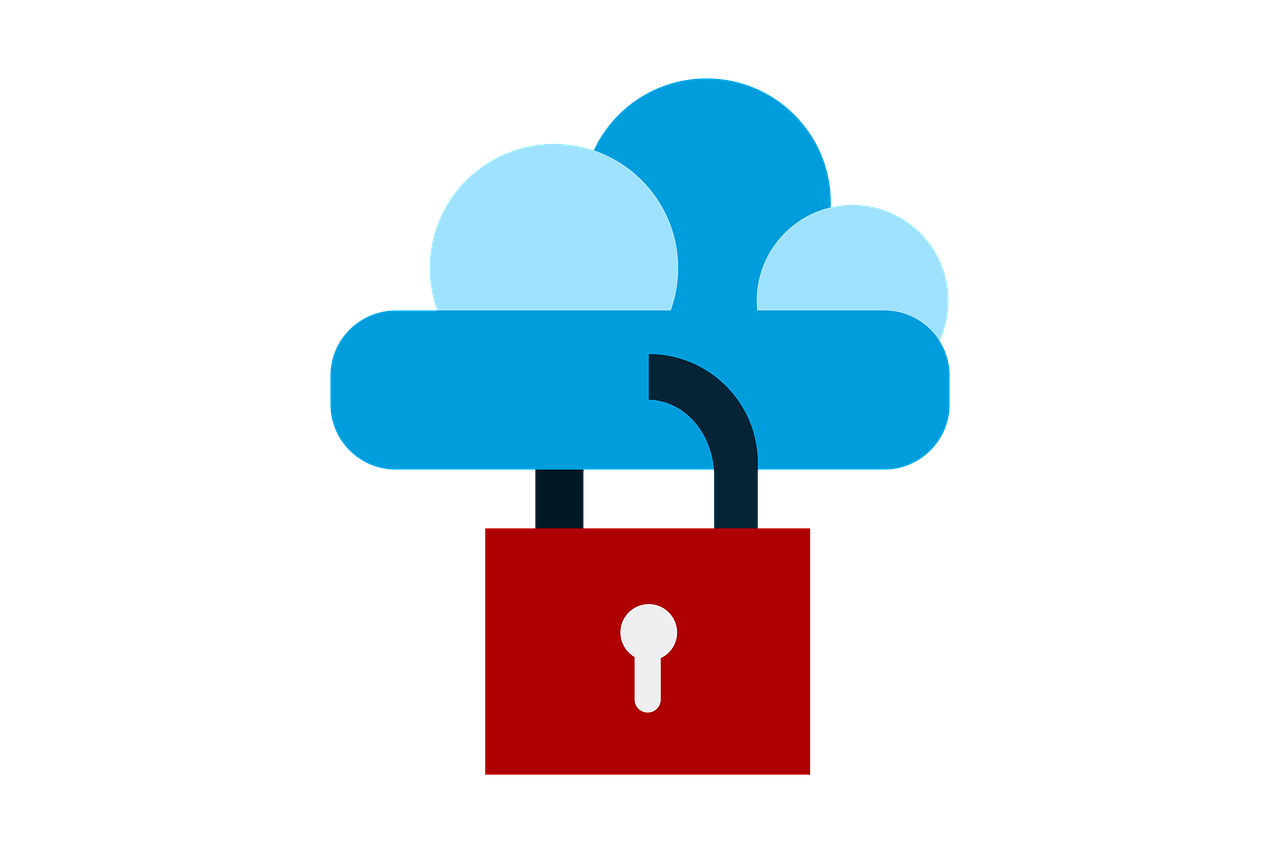In today’s interconnected world, every device connected to the internet has a unique identity known as an IP Address (Internet Protocol Address). Whether you’re troubleshooting a network issue, securing your online presence, or configuring smart devices, understanding your IP address can be incredibly useful.

What is an IP Address?
What is an IP Address?
Think of an IP address like a home address for your device on the internet. It helps data find its way to and from your device, ensuring seamless communication between computers, smartphones, and other smart gadgets.
There are two main types of IP addresses:
IPv4 (Internet Protocol Version 4): This is the most commonly used IP format and consists of four sets of numbers separated by dots (e.g., 192.168.1.1). However, due to the rising number of internet-connected devices, IPv4 addresses are running out.
IPv6 (Internet Protocol Version 6): To accommodate more devices, IPv6 was introduced. It uses alphanumeric sequences (e.g., 2001:db8::ff00:42:8329) and offers a much larger pool of addresses.
Types of IP Addresses
Not all IP addresses function the same way. Here’s a breakdown:
✔ Public IP Address: This is assigned by your Internet Service Provider (ISP) and is unique to your internet connection. Websites and online services use it to communicate with your device.
✔ Private IP Address: This is assigned to your devices within your home or office network (e.g., routers, laptops, and printers). It ensures internal communication within your network.
✔ Static IP Address: These are manually configured and remain unchanged over time, commonly used for hosting servers and remote access.
✔ Dynamic IP Address: Most home users have dynamic IPs, which are automatically assigned and may change periodically.

Why is Your IP Address Important?
Why is Your IP Address Important?
Your IP address isn’t just a random set of numbers; it plays a crucial role in how you interact with the internet. Here’s why it matters:
Network Troubleshooting: Checking your IP can help diagnose connectivity issues.
Security & Privacy: Hackers and cybercriminals can use IP addresses for tracking; knowing yours helps protect your online identity.
Remote Access: Businesses use IP addresses for secure access to internal systems.
Geo-Location Services: Websites use IP addresses to provide localized content and services.
How to Check Your IP Address
Search “What is my IP” on Google, and it will instantly display your public IP.
Use online tools like WhatIsMyIPAddress.com or IPLocation.net to get detailed insights.
Check your router’s settings by logging into its admin panel (usually via
192.168.1.1or192.168.0.1).
For Private IP Address:
Windows: Open Command Prompt, type
ipconfig, and look for “IPv4 Address.”Mac: Go to System Preferences → Network, then select your connection to view the IP.
Linux: Open Terminal and type
ifconfigorip addr show.Mobile Devices: Navigate to Wi-Fi settings, tap on your connected network, and check the IP details.

Protecting Your IP Address
Protecting Your IP Address
Your IP address can be used to track your location and online activities. Here’s how you can enhance your privacy:
✅ Use a VPN (Virtual Private Network): A VPN masks your real IP address, ensuring anonymity and encrypting your data.
✅ Enable a Firewall: Firewalls block unauthorized access to your network.
✅ Use Proxy Servers: These act as middlemen between you and the internet, keeping your real IP address hidden.
✅ Avoid Clicking on Suspicious Links: Phishing scams can track your IP and compromise your security
Your IP address is a fundamental part of how you connect to the internet. Whether for security, troubleshooting, or remote access, understanding how it works can empower you to take better control of your online experience.
If you need expert IT and networking solutions, Euro Precision is here to help!
Visit us at europrecision.ae to learn more about how we can secure and optimize your network.

